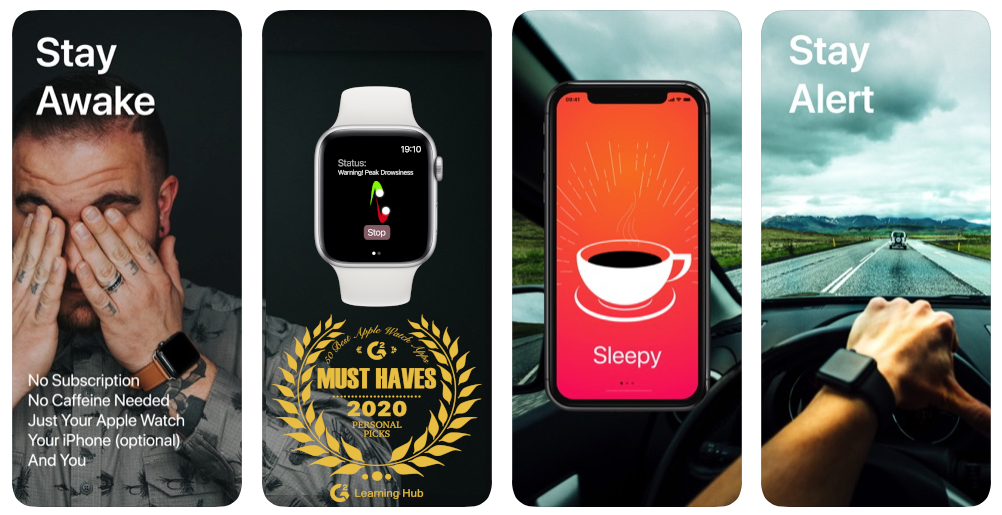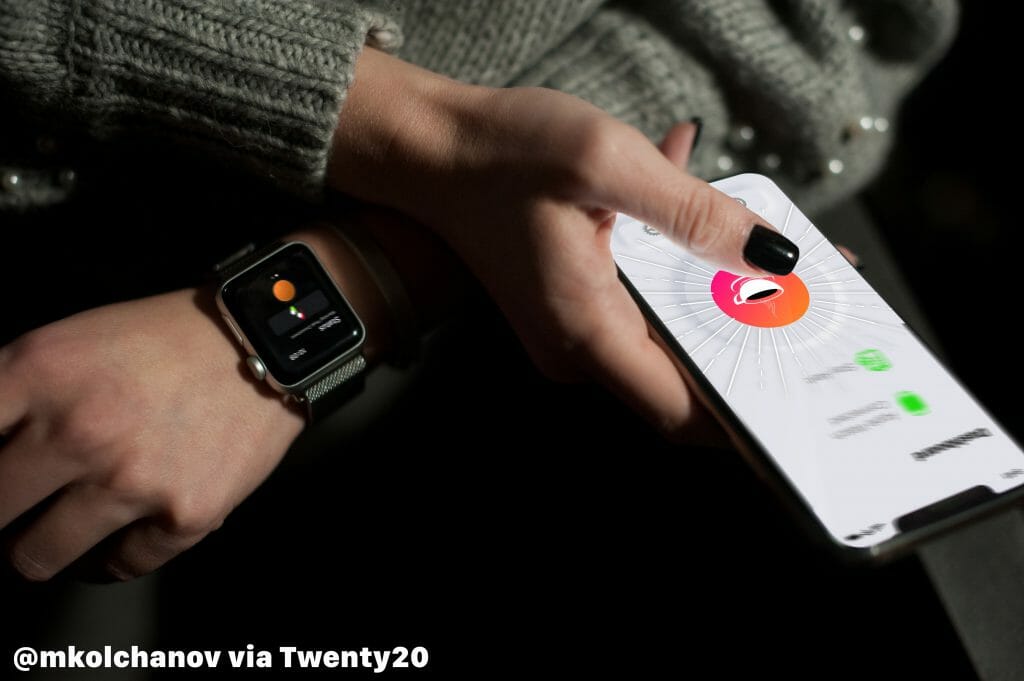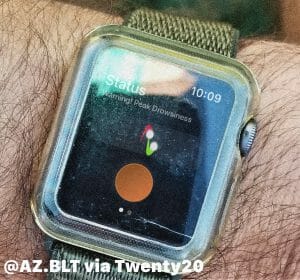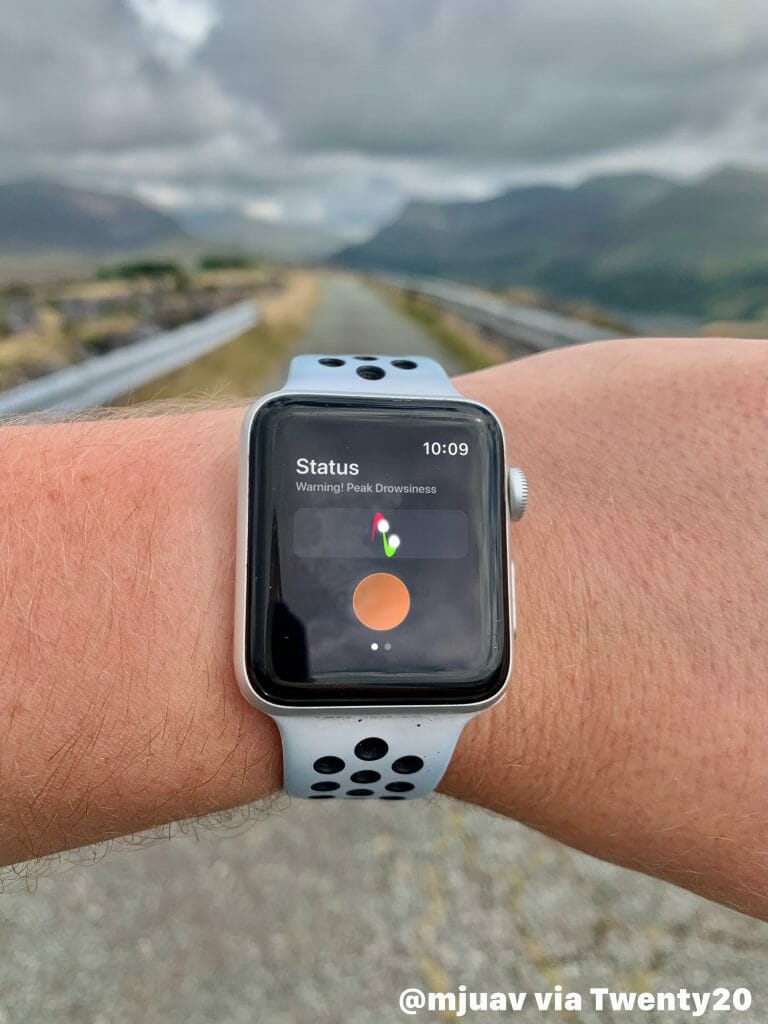Coffee vs Tea for Studying
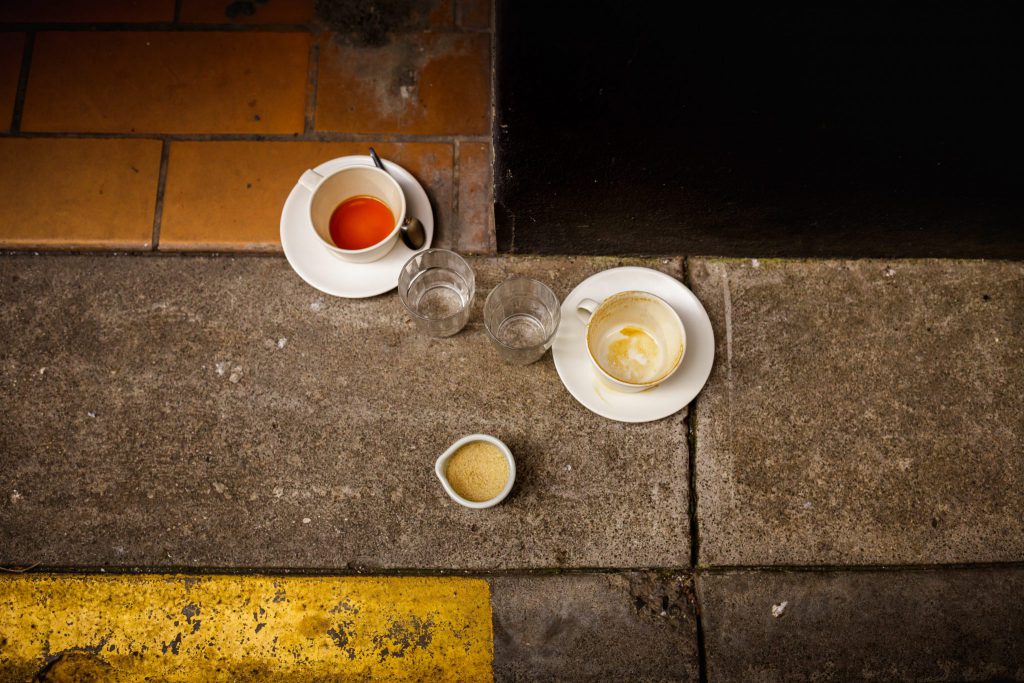
Photo by Dan Preindl @preindl on Unsplash, Little Bourke Street, Melbourne, Australia https://unsplash.com/photos/zTKKigkR_kU
Choose Your Poison
Study This Study About Studying
In the past when studying for exams or to learn a new subject at work, I resorted to coffee and/or caffeine pills to keep me alert.
Some colleagues used to tell me to drink tea as it does less harm to your body than coffee. Others swore that coffee is the best at keeping you alert and getting the job done, and did I know “that green tea contains more caffeine than coffee?”
After looking at the little research that’s out there, I figured out what was best for me and outline how I came to that conclusion in this article.
- Depending on Coffee or Tea for Alertness
- Is Drinking Either Coffee or Tea the Solution?
- So, What Works?
- Review
- Conclusion

Depending on Coffee or Tea for Alertness
For a lot of people, drinking coffee or tea helps them feel more alert and therefore more productive whilst working.
Whenever I had a difficult subject to study for, or was feeling tired, I would instinctively go for a cup of coffee, which once drunk, made me feel that I could get the work done.
For others, like my friend Jason, tea was the way to go. He felt that he didn’t get such a fast caffeine high, and therefore caffeine low as when he drunk coffee, whilst still feeling more alert than he did before he drunk his tea. “Each to their own”, I used to reply.
I now think that Jason might have been onto something. Although tea contains more caffeine than coffee in its dry form, once brewed, coffee has significantly more caffeine than tea (depending on the types of tea and coffee being compared).
Further, according to TeaClass.com:
“The high levels of antioxidants found in tea slow the absorption of caffeine – this results in a gentler increase of the chemical in the system and a longer period of alertness with no crash at the end.”
The Truth About Caffeine
Jason was right and I was wrong. Better switch over to drinking tea to get more productive, right?
Is Drinking Either Coffee or Tea the Solution?
The thing is, is that both coffee and tea contain caffeine; a stimulant that tricks your brain into thinking that it’s not as tired as it really is, and as a result makes you think that you are more alert and productive.
Back to feelings. Many confuse the feeling of alertness that caffeine induces to be a sign of the potential for increased productivity and enhanced mental performance. Unfortunately, just like how caffeine tricks the brain into thinking that it is less tired than it really is, this enhanced productivity is also a delusion.
“While caffeine benefits motor performance and tolerance develops to its tendency to increase anxiety/jitteriness, tolerance to its effects on sleepiness means that frequent consumption fails to enhance mental alertness and mental performance.”
Rogers, Peter, Susan Heatherley, Emma Mullings, and Jessica Smith. “Faster but not smarter: effects of caffeine and caffeine withdrawal on alertness and performance.” Psychopharmacology 226.2 (2013): 229-240.
So, What Works?
Getting more quality sleep works best, hands down. The benefits of regular, good quality sleep are so numerous, I’ll have to write a separate article detailing them.
In the meantime, here are some tips that you can use to help your study/work be more effective:
- Get into Rhythm
Organize your life to match your body’s circadian rhythm. Wake up at around 7am (melatonin stops being released by this time).
Do your most important work between 10am and 12pm.
Between 12pm-2pm is usually when we have our midafternoon crash, so avoid difficult work during this time.
Our body hits peak energy around 6:30pm so if you’re still working start to slowly wind down your efforts.
Resist the temptation to pull an all-nighter, and try to get to bed around 10pm. - Drink Water
Keeping yourself hydrated will help keep you alert whilst keeping fatigue and tiredness at bay and reducing the risk of headaches and poor concentration. - Take Regular Breaks
When you feel yourself getting fatigued, take a break and get up and move around.
The reality is, is that most people don’t realize when they are tired until they are so tired that it can’t be ignored! V-CAF is an Apple Watch app that subtly notifies you to move around and take a natural break when your body says that you are tired. - Exercise
Take the time to incorporate exercise into your daily routine. It could be as simple as a 25-30 minute walk each day or walking upstairs instead of taking the elevator. Exercise helps improve your focus and concentration as well as increasing the quality of your sleep. And the effects can be felt immediately.
Review
If you have to choose between coffee and tea to help keep you awake, then I would suggest tea. However, I think this is a false dichotomy. The third option is to avoid caffeine and make lifestyle changes that in the long term benefit your health as well as your productivity.
Some of these choices include:
- Get into your body’s circadian rhythm.
- Drink more water
- Take Regular Breaks and use a tool such as V-CAF that subtly notifies you to move around and take a natural break.
- Exercise regularly.
Conclusion
Study and work goals are important parts of our lives, but not the only part.
One of the most fundamental parts of our lives is sleep. By sacrificing our sleep, we are damaging all other parts of our lives.
Knowing that a single night of sleep deprivation can decrease our cognitive performance by 30%, does it really make sense to reduce the amount of time we spend sleeping to get more studying/work done?
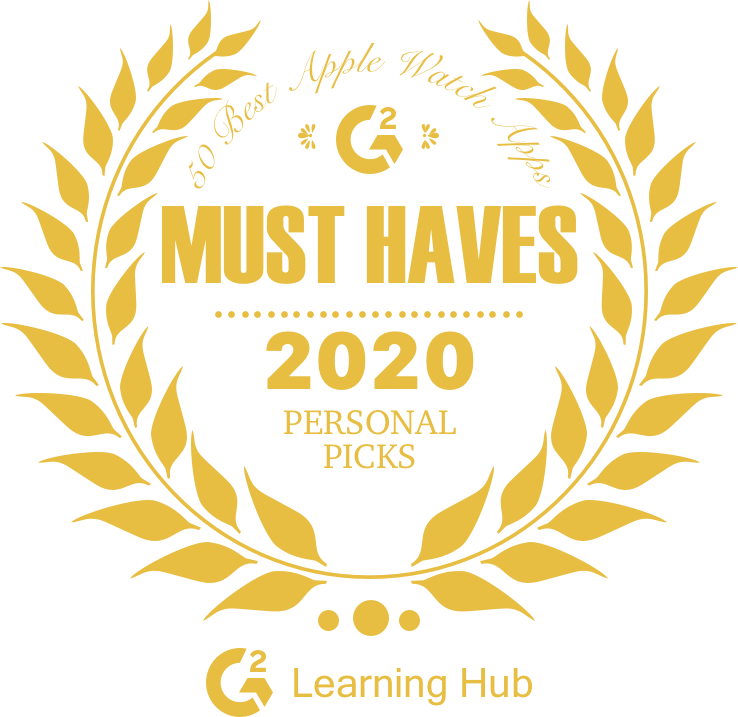
Now available on the App Store, download it now!
